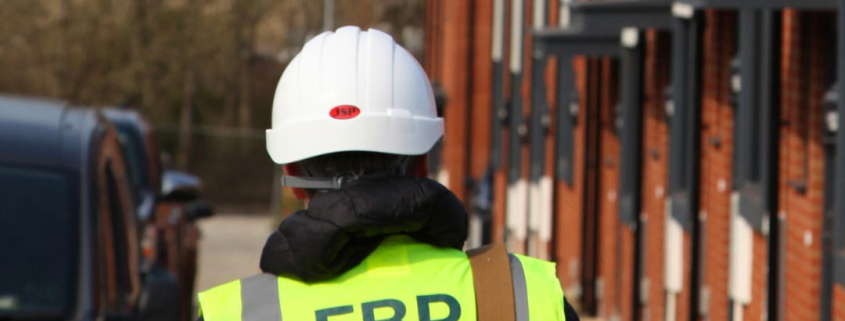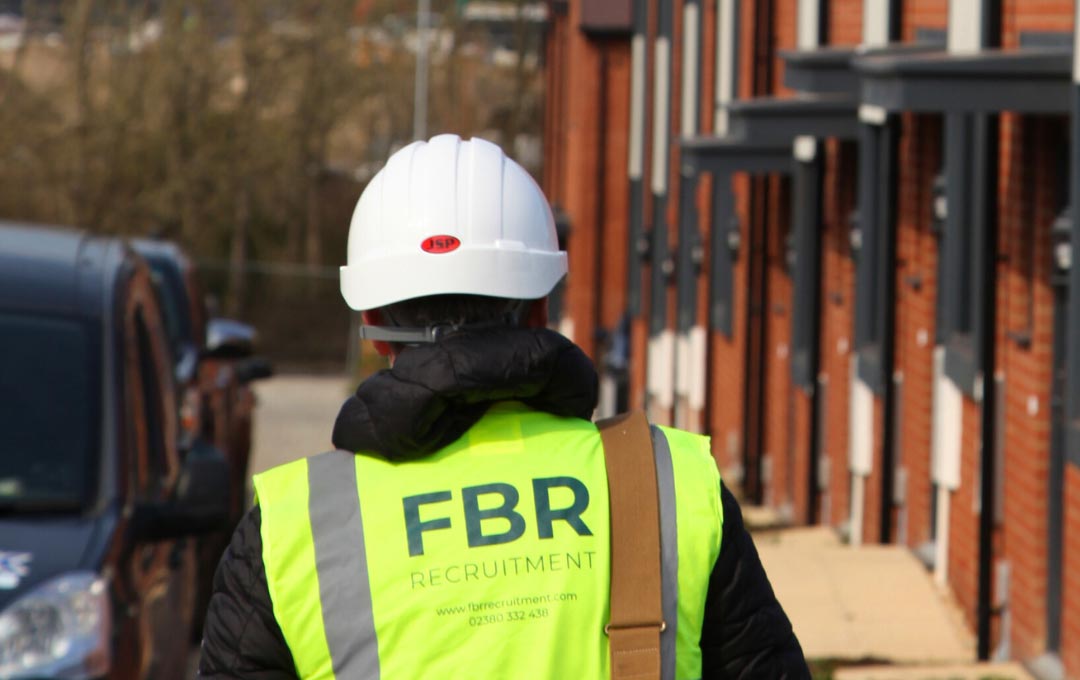
As we approach 2026, the UK construction industry is finely balanced between opportunity and challenge. With changing regulations, rising expectations for sustainability, labour pressures, and accelerating technological innovation, firms that anticipate and adapt will gain a competitive edge.
Here are the key trends shaping construction next year.
1. Modest Growth, But Uneven
- Total construction output in the UK is forecast to rise by 3.7% in 2026 following lower growth in 2025.
- The growth won’t be uniform across sectors: private housing (especially new builds), housing repair, maintenance & improvement (RM&I), and infrastructure are set to lead.
- Public non-residential and industrial sectors are forecasted to improve, though growth rates are more modest.
Why it matters: Companies need to choose their focus wisely, aligning with sectors that are expanding rather than over-investing in stagnant ones.
2. Sustainability & Net Zero Driving Material Choice & Design
- There’s increasing pressure from government regulation, clients, and investors for buildings to meet higher sustainability standards: energy efficiency, low carbon emissions, and greener materials.
- Sustainable / low-carbon materials like engineered timber, recycled steel, and alternative concretes are becoming more common. Modular and prefabricated methods often enable better efficiencies and less waste.
- Retrofitting existing buildings (updating insulation, changing heating systems, improving glazing) is growing as an important trend, it can deliver carbon reduction without the environmental cost of new builds.
3. Shift Towards Off-Site Construction & Modern Methods
- Modern Methods of Construction (MMC), modular build, and off-site techniques are being used more to speed up delivery, reduce onsite labour, better manage quality, and reduce waste.
- These methods also help with supply chain issues and reduce disruptions from weather or site constraints.
4. Digital Transformation: AI, BIM, and Beyond
- Building Information Modelling (BIM) continues to deepen its role. More clients (and regulators) expect Level 2+ BIM as standard, and digital twins are increasingly used for planning, monitoring, and maintenance forecasting.
- AI, machine learning, and analytics are being adopted for better decision making, cost estimation, safety risk prediction, optimising design and supply chains.
- Other technologies like drones (for site surveillance, inspections), VR/AR (for design visualisation, stakeholder engagement) are becoming more mainstream.
5. Labour & Skills Challenges
- The workforce shortage continues to be one of the industry’s biggest headwinds. There are tens of thousands of vacancies and a demographic gap as many experienced workers approach retirement.
- Apprenticeship uptake is not keeping pace with demand. Alongside recruitment, upskilling and reskilling (especially in digital skills, MMC, sustainability) are critical.
- Firms with good workforce strategies, flexible work, diversity, better safety and wellbeing are likely to win out.
6. Regulatory & Cost Pressures
- Regulatory compliance is getting more complex through energy performance, building safety, environmental impact and planning delays. Firms must build in extra headroom for time and cost.
- Building materials and labour costs are forecast to rise (some estimates see materials like timber, insulation, steel going up significantly through to 2030).
- Inflation, supply chain constraints, and higher borrowing / financing costs will all squeeze margins.
7. The Rise of Infrastructure & Data Centres
- There is strong public and private sector investment in infrastructure (roads, bridges, utilities) and in digital infrastructure (data centres), driven by demands for connectivity, cloud services, AI, etc.
- These projects often have high barriers to entry but offer stable returns and long-term contracts. Good opportunities for firms that can meet regulatory, technical, and environmental demands.
1. Invest in Skills & Training. Upskill staff in digital tools, MMC, sustainable materials. Build better apprenticeship pipelines.
2. Adopt Digital & Collaborative Tools Early. Firms that are slow to adapt to BIM, digital twin, AI risk being left behind or delivering less efficiently.
3. Think Strategically About Material Costs & Suppliers. Lock in suppliers early, seek local/low-carbon sources, consider the full lifecycle cost, not just upfront.
4. Focus on Retrofitting & Refurbishment. Especially in regions with older building stock; these projects often have better regulatory & financial support, and carry sustainability benefits.
5. Stay Ahead of Regulatory Change. Track upcoming building safety, environmental, tax, and planning reforms. Incorporate contingencies into planning and contracts.
6. Diversify Sector Exposure. If you currently rely only on residential new builds, it may make sense to also consider RM&I, infrastructure, digital infrastructure etc., to stabilise cashflow and mitigate risk.
Conclusion
Heading into 2026, the construction sector is evolving fast. Firms that blend sustainability, digital innovation, efficient building methods, resilient supply chains, and a skilled workforce will be best placed to thrive.
Construction Jobs and Career Support You Can Rely On
Finding steady, rewarding work in construction takes more than experience alone, it’s about preparation, presentation, and having the right support behind you. At FBR Recruitment, we do more than place candidates into roles. We guide tradespeople, labourers, site managers, and commercial professionals towards opportunities that help them grow and succeed long term.
With our deep knowledge of the construction industry and a people-first approach, we match skilled talent with employers who value reliability and expertise. Whether you’re seeking hands-on site work or progressing into management, our team delivers tailored recruitment solutions designed to fit your goals.
Explore our current construction vacancies, learn how we partner with businesses to solve staffing challenges, or connect with one of our dedicated consultants for expert advice.
No matter where you are in your career journey, FBR is here to help you take the next step.
Looking to move forward?
Register with FBR Recruitment today or give us a call to speak directly with our team of construction recruitment specialists.



 The construction industry is full of opportunity, if you’re willing to put the work in. Whether you’re just starting out or looking for your next placement, knowing how to stand out in a competitive trades and labour market can make all the difference.
The construction industry is full of opportunity, if you’re willing to put the work in. Whether you’re just starting out or looking for your next placement, knowing how to stand out in a competitive trades and labour market can make all the difference.
